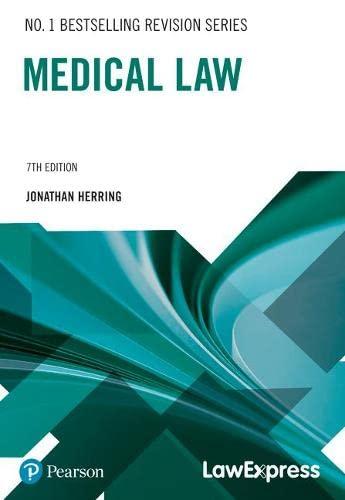Question
Bay Oil produces two types of fuels (regular and super) by mixing three ingredients. The major distinguishing feature of the two products is the octane
Bay Oil produces two types of fuels (regular and super) by mixing three ingredients. The major distinguishing feature of the two products is the octane level required. Regular fuel must have a minimum octane level of 90 while super must have a level of at least 100. The cost per barrel, octane levels, and available amounts (in barrels) for the upcoming two-week period are shown in the following table. Likewise, the maximum demand for each end product and the revenue generated per barrel are shown.
Input Cost/Barrel Octane Available (Barrels)
1 16.50 100 110,00
2 14.00 87 350,00
3 17.50 110 300,000
Revenue/Barrel Max Demand (Barrels)
Regular 18.50 350,000
Super 20.00 500,000
Develop and solve a linear programming model to maximize contribution to profit.
| Let | Ri= the number of barrels of input i to use to produce Regular, i=1,2,3 |
| Si= the number of barrels of input i to use to produce Super, i=1,2,3 |
If required, round your answers to one decimal place. For subtractive or negative numbers use a minus sign even if there is a + sign before the blank. (Example: -300)
Step by Step Solution
There are 3 Steps involved in it
Step: 1

Get Instant Access to Expert-Tailored Solutions
See step-by-step solutions with expert insights and AI powered tools for academic success
Step: 2

Step: 3

Ace Your Homework with AI
Get the answers you need in no time with our AI-driven, step-by-step assistance
Get Started


